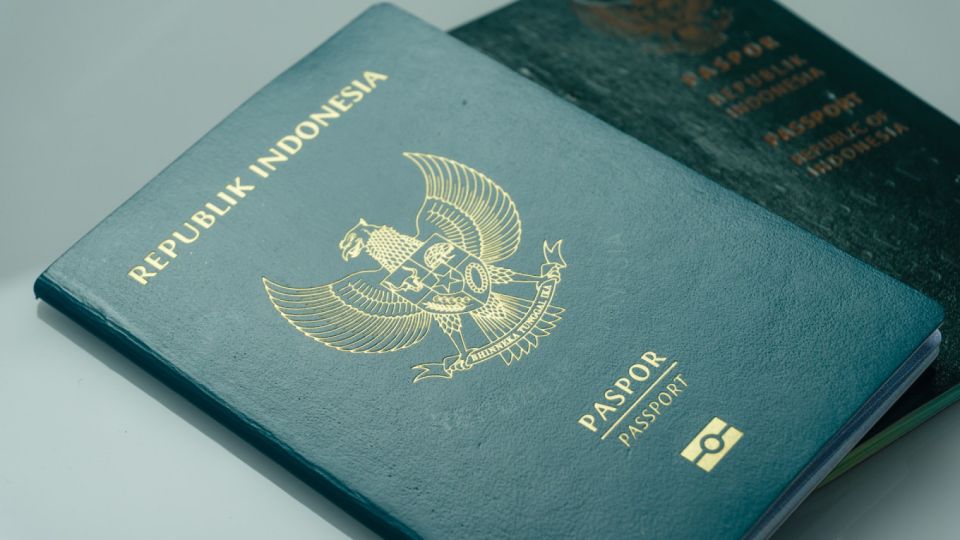May 7, 2024
JAKARTA – Tspan lang=”EN-US” style=”mso-ansi-language:EN-US”>The government is apparently working on mapping the bureaucratic pathway to granting dual citizenship to people of Indonesian descent, after a senior minister commented on a plan to issue the policy in an effort to attract more skilled workers to the country.
Indonesia does not currently recognize dual citizenship for adults. The 2006 Citizenship Law only allows children of a mixed marriage to hold dual nationality until they are 18 years old or married, when they must choose one.
But Coordinating Maritime Affairs and Investment Minister Luhut Binsar Pandjaitan said on April 30 that the government planned to grant dual citizenship to former Indonesian citizens living overseas.
“We also invite Indonesian diaspora, and we will give them also, soon, dual citizenship, which I think will help the country’s economy and bring very skillful Indonesians back to Indonesia,” the senior minister said in his speech at a Microsoft event in Jakarta.
If the government moves forward with its dual citizenship plan, one of the first things it must do is to revise the country’s citizenship laws and related regulations, including the 2006 Citizenship Law.
“Issuing dual citizenship will have a vast impact on laws and regulations. This needs further deliberation between the government and the legislature,” Foreign Ministry spokesperson Lalu Muhammad Iqbal told The Jakarta Post on Saturday.
The Golkar Party’s Bobby Rizaldy, who is a member of Commission I overseeing foreign affairs, said the government needed to formulate the requirements for dual citizenship before bringing the idea to the House.
“Whatever the government’s decision is, in principle, [granting] dual citizenship to help the country’s economic growth is an excellent idea. The government just needs to determine the requirements for [applicants],” Bobby said.
He added that the policy would likely pass with solid support from all House factions, though he acknowledged that the idea of dual citizenship had been opposed in the past due to what he called “the trauma of colonialism”, such as concerns that foreigners might be allowed to own land or take up a government post.
Asked how far government discussions on the plan had gotten, Teguh Pudjo Rumekso, secretary at the Office of the Coordinating Political, Legal and Security Affairs Minister, told the Post there would be further interinstitutional discussions, but he stopped short of providing a time frame.
The Indonesian Mixed Marriage Society (PerCa Indonesia), which has long advocated for dual citizenship for children of mixed marriages, welcomed Luhut’s statement about the idea for dual citizenship, describing it as a “breath of fresh air”.
“It would be nice if the government is really serious about implementing this in our country to help these children,” PerCa chairwoman Analia Trisna told the Post on Sunday.
Analia said PerCa Indonesia had noted many instances of mixed children who became skilled workers in other countries, but their foreign passports had barred them from easily setting up businesses in Indonesia.
“Business permits are harder for them [to obtain]. as they are still seen [entirely] as foreigners. More needs to be done about this because once an Indonesian, they’re always Indonesian,” she said.
Demand for Indonesia to recognize dual citizenship has surfaced several times during President Joko “Jokowi” Widodo’s 10-year tenure.
The President announced in 2016 that the government was considering revising the 2006 Citizenship Law to allow adults to hold dual citizenship, but this was met with opposition, mainly from lawmakers citing security concerns.
The issue resurfaced later that year, after it came to light that newly appointed energy minister Arcandra Tahar held both an Indonesian and a United States passport. Arcandra was dismissed as minister, only to be reappointed as the deputy energy minister after he had renounced his US citizenship.


